Update: Weighted samples are now supported by scipy.stats.gaussian_kde. See here and here for details.
It is currently not possible to use scipy.stats.gaussian_kde to estimate the density of a random variable based on weighted samples. What methods are available to estimate densities of continuous random variables based on weighted samples?



